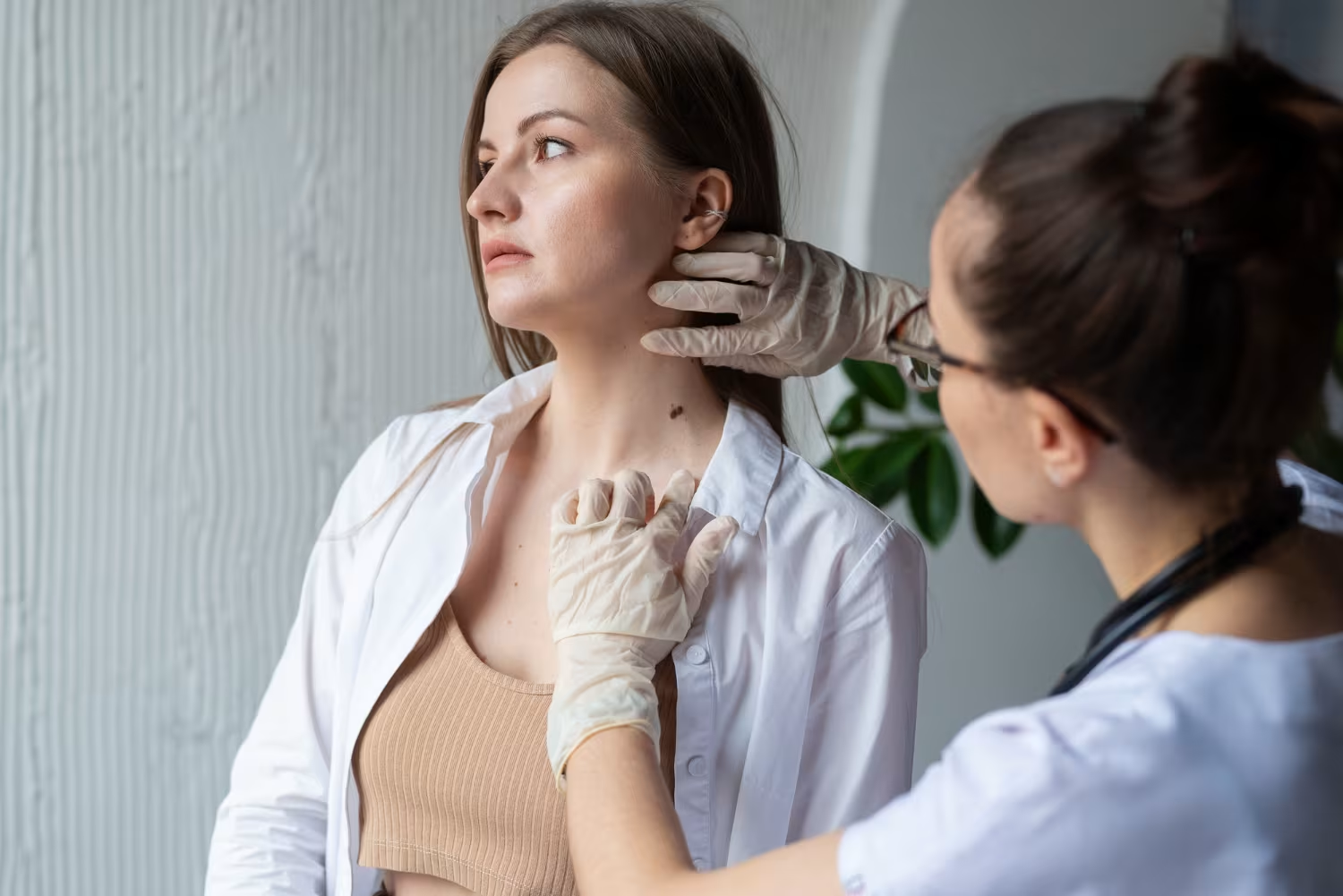
Obsessive-Compulsive Disorder (OCD) is a mental health condition that affects millions of people worldwide. Despite its prevalence, OCD is often misunderstood and can be challenging to manage without the right information and support.
OCD is characterised by persistent, intrusive thoughts (obsessions) and repetitive behaviours or mental acts (compulsions) that a person feels driven to perform. These obsessions and compulsions can interfere with daily life, causing significant distress and anxiety. OCD affects people of all ages, and its severity can vary from mild to debilitating.
The exact cause of OCD is not fully understood, but it is believed to result from a combination of genetic, neurological, and environmental factors. Here's a closer look at what may contribute to the development of OCD:
OCD symptoms typically fall into two categories: obsessions and compulsions. It's important to note that not everyone with OCD will experience both; some may primarily struggle with obsessions, while others may have more pronounced compulsions.
Obsessions: These are unwanted, intrusive thoughts, images, or urges that cause significant anxiety or distress. Common obsessions include:
Compulsions: These are repetitive behaviours or mental acts performed in response to obsessions, often in an attempt to reduce anxiety or prevent a feared event. Common compulsions include:
To better understand how OCD can manifest in daily life, consider the following examples:
While OCD can be challenging, it is treatable. Effective treatment often involves a combination of therapy, medication, and self-care strategies.
Obsessive-Compulsive Disorder is a complex and often misunderstood condition, but with the right treatment and support, it can be managed effectively. If you or someone you know is struggling, it's important to seek help from a healthcare professional who can provide a proper diagnosis and recommend appropriate treatment options.
Click here to book your appointment with one of our doctors at Private Medical Clinic.





